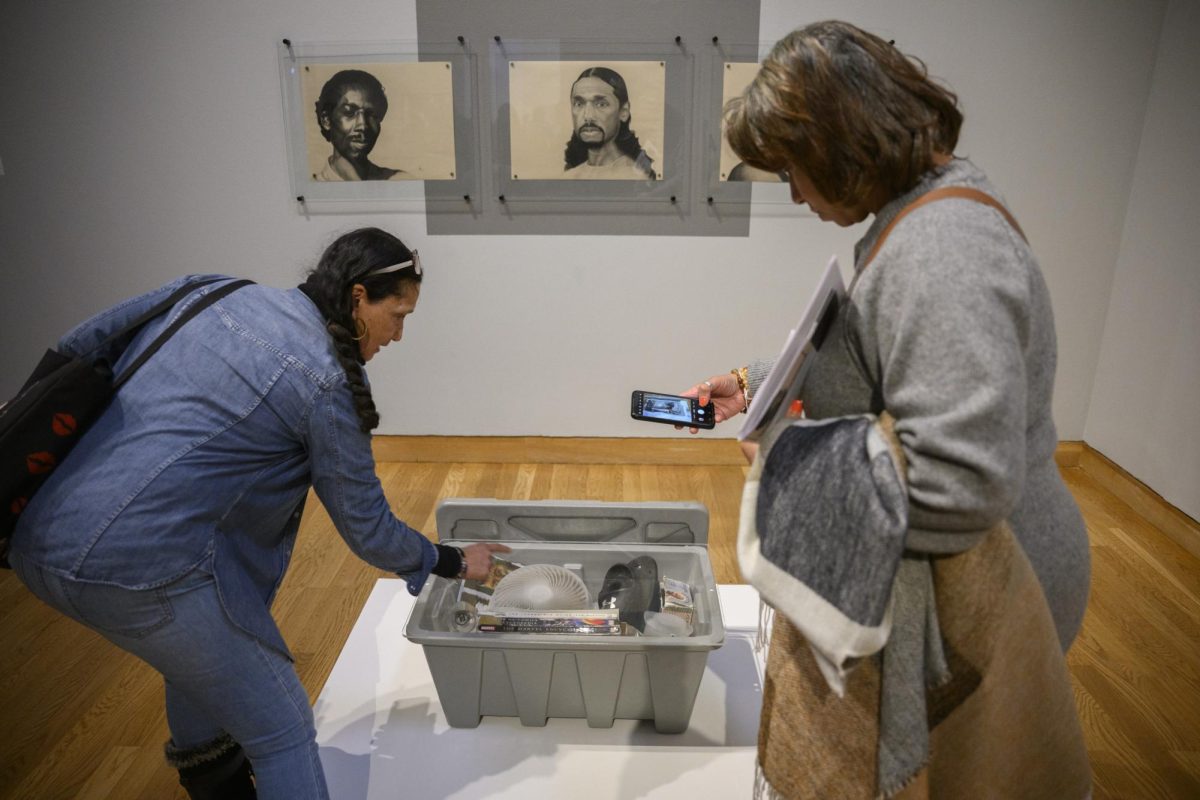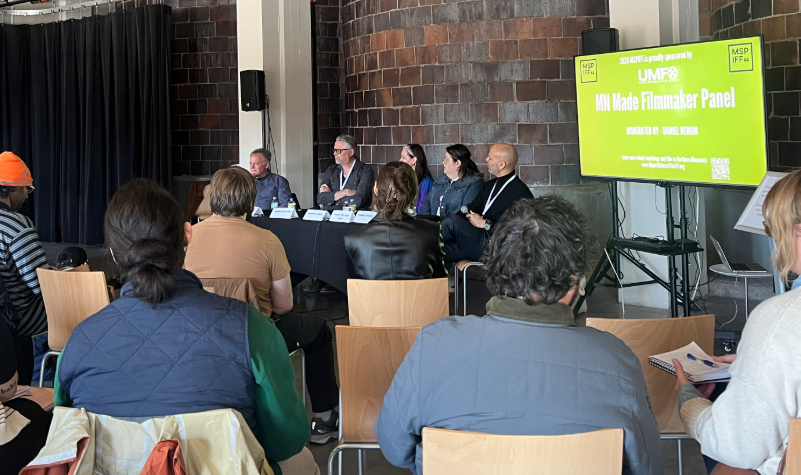A little slice of “Livin’ la Vida Loca” topped with somkebody named Lopez, and Boom! America has got itself a Latin music explosion. It all started when Ricky Martin shook his bon-bon in leather pants for the 1999 Grammy Awards. Soon afterwards, major record labels, MTV and commercial radio grabbed as many Marc Anthonys, Enrique Iglesiases and Christina Aguileras as they could. These marketable pop stars defined Latin music in America as puppy-eyed romantic Romeos and tiny-waisted and tightly-clothed females who all sing in English. But the success of the mambo album Buena Vista Social Club – without radio support – proves an audience exists for Latin music that extends both beyond the fluff of a cultural fad and what commercial radio in America will play.
This is where Batanga.com comes in. With a rise in demand following the Latin explosion in America, the Internet radio station focuses on Latin music from every popular genre. With 18 different stations to choose from including classic rock, hip hop/reggae, pop, salsa, Cubanisimo, jazz and others, Batanga gives a much more complete perspective on Latin music than just cute pop. Such stations as jazz, tropical and Cubanisimo demonstrate the importance of Batanga‘s role in Latin music by playing artists ignored by American radio such as Machito and Celia Cruz.
Cubanisimo in particular stands out with its varied mix in a single genre. Newer artists like Jorge Moreno, who adds dance-club beats to classic Cuban jazz, sit next to influential old-timers like Trio Matamoros. After a couple of listens, the same artists tend to repeat; nonetheless, such sultry rhythms and scorching horn sections are hard to find elsewhere.
Other Batanga stations like pop and top hits hardly deviate from any Latin music already being played on American radio, except here Ricky Martin sings in Spanish and instead of Britney, there’s Paulina Rubio. In fact, many stations on Batanga parallel the bad popular schlock on any commercial radio station; the only difference of course is these artists are latino. But Batanga’s concern isn’t necessarily with indie-cred; rather, it’s to represent the growing popularity of Latin music and play the next Shakiras before they make their cross-over English album. Batanga clearly wants to celebrate Latin music and its influence around the globe, and at this it succeeds and makes the Web-radio station an enjoyable listen.







